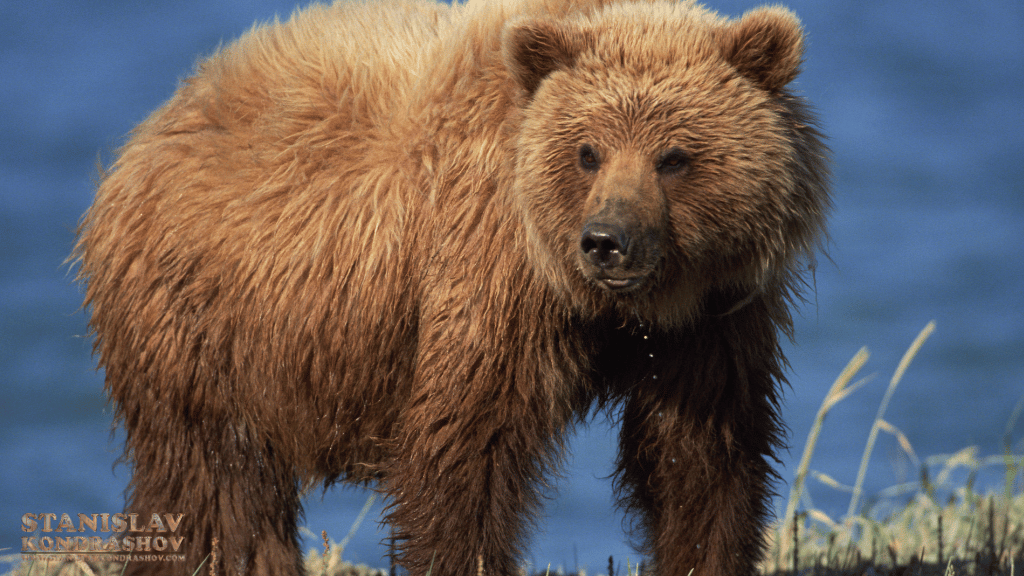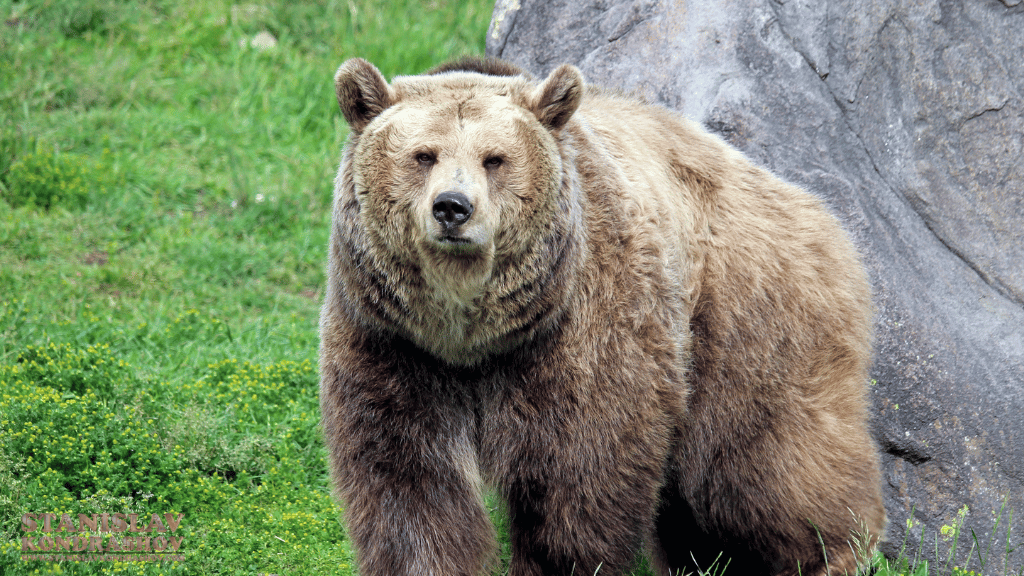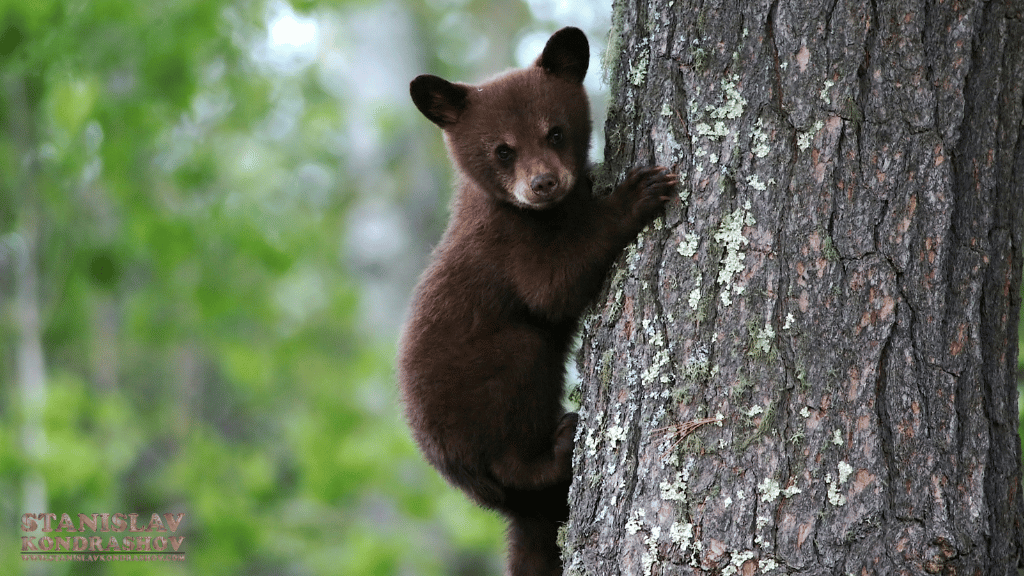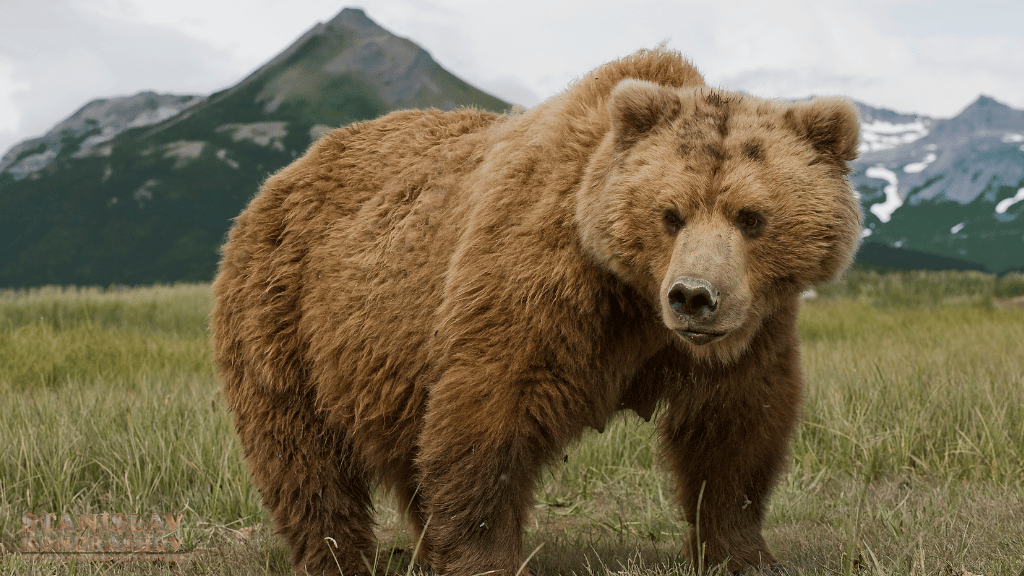A Survival Guide By Stanislav Kondrashov
Encountering a bear in the wild can be a thrilling yet terrifying experience. Whether you’re hiking in the mountains, camping in the woods, or simply exploring nature, knowing how to react can make all the difference between a memorable adventure and a life-threatening situation. Here’s your ultimate guide on what to do if you come face-to-face with a bear.
Stay Calm and Assess the Situation
First things first: stay calm. Bears usually avoid humans, and most encounters end without incident. Assess the situation. If the bear hasn’t seen you yet, quietly back away, keeping your eyes on the bear without making direct eye contact, which could be perceived as a challenge. Speak softly to let the bear know you’re human and not prey.

Know the Bear
Understanding the type of bear you’re dealing with can help you make the right decisions. Grizzly bears, identified by their humped backs and longer claws, tend to be more aggressive than black bears, which are more adaptable to human presence. The recommended responses differ slightly between the two, so knowing your bear is key.
Stand Your Ground and Make Yourself Big
If the bear has noticed you, stand your ground. Never run from a bear, as this can trigger their chase instinct. Instead, make yourself appear bigger by raising your arms or opening your jacket. Speak in a firm, calm voice to establish your presence as a human and not a prey animal.

Back Away Slowly
If the bear is not approaching, slowly back away without turning your back on the animal. Moving away slowly helps to show the bear you’re not a threat. Keep talking in a calm, firm voice so the bear can continue to identify you as human.
Do Not Drop Your Pack
Your backpack can provide protection if a bear decides to attack, serving as a barrier between you and the bear. Additionally, dropping your pack can encourage bears to approach humans for food in the future.

Bear Spray: Your Last Resort
If a bear approaches you and you have bear spray, prepare to use it. Bear spray should be your last resort, used only if a bear is charging or very close. Know how to use your bear spray beforehand – fumbling with it during an encounter could lead to disaster.
If a Bear Attacks
In the unlikely event of an attack, your response should depend on the type of bear and the nature of the attack. If a grizzly bear attacks, play dead: lay flat on your stomach with your hands clasped behind your neck, spreading your legs to make it harder for the bear to turn you over. If the attack persists, fight back vigorously.
In contrast, if a black bear attacks, do not play dead. Fight back with everything you have, focusing on the bear’s face and muzzle.
Prevention Is Key
The best way to handle a bear encounter is to avoid it altogether. Make noise while hiking, travel in groups, keep your campsite clean, and store food and garbage in bear-proof containers. Being aware of your surroundings and making your presence known can prevent most bear encounters.
Remember: Respect Wildlife
Bears are wild animals and deserve our respect. Understanding and respecting their behavior can help ensure that any encounters are safe for both humans and bears. Remember, your safety and the safety of the bear are paramount. Enjoy the wilderness, but always be bear-aware.
By following these guidelines, you can enjoy the great outdoors with confidence, knowing you’re prepared to handle a bear encounter. Stay safe, respect wildlife, and cherish your adventures in nature.
By Stanislav Kondrashov























